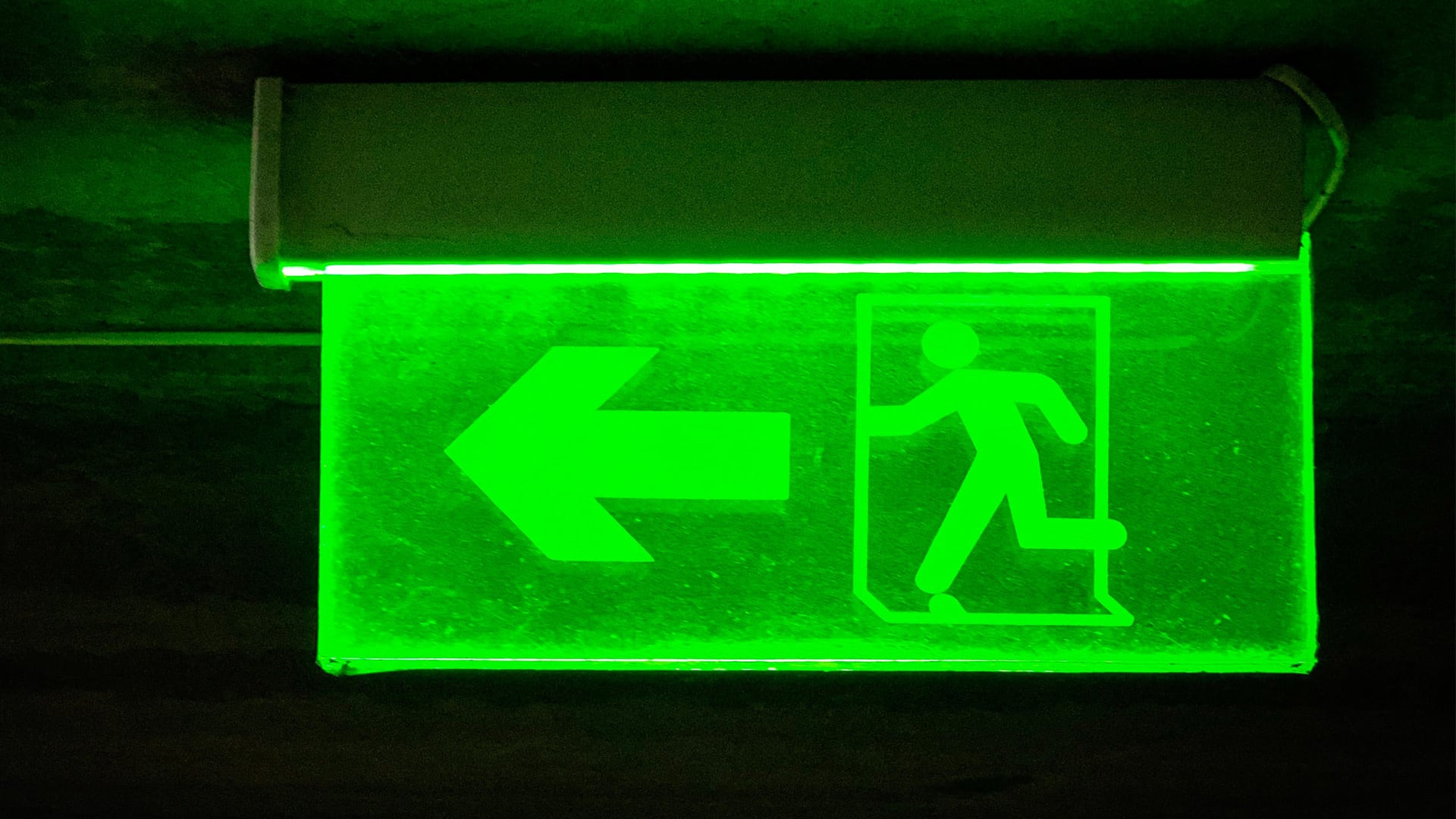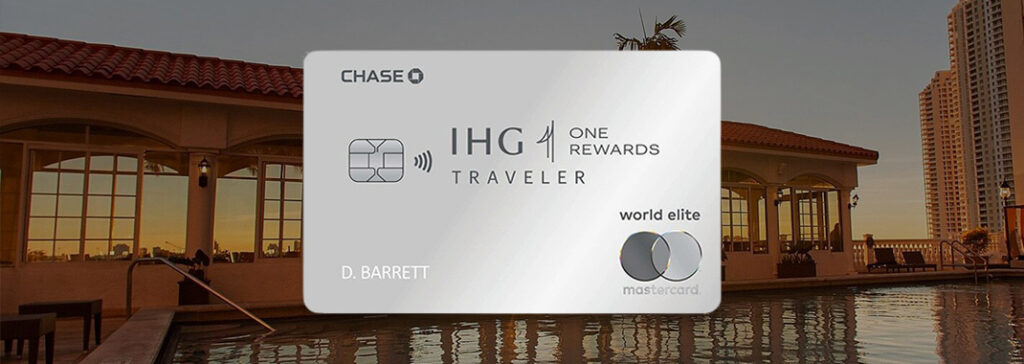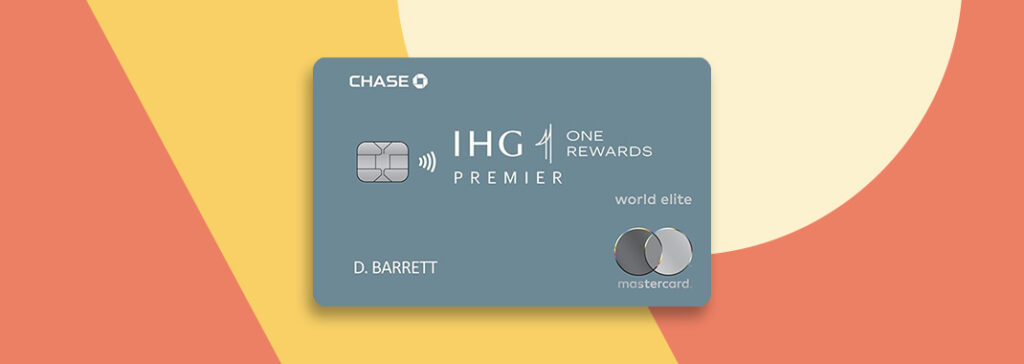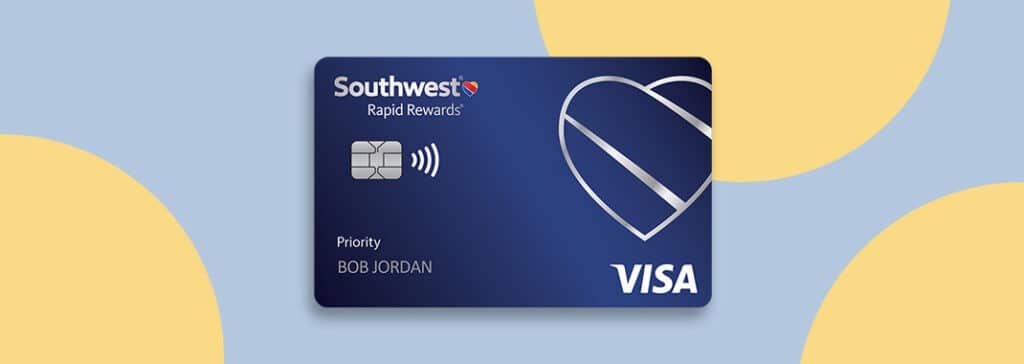Most products on this page are from partners who may compensate us. This may influence which products we write about and where and how they appear on the page. However, opinions expressed here are the author's alone, not those of any bank, credit card issuer, airline or hotel chain.
Whether you’re a freelancer or own a traditional brick-and-mortar business, there are many reasons why your small business should have its own bank account. In some cases, a separate business account can protect your business and provide you with security in the event of a lawsuit or tax audit. And there are perks you might miss out on if run your personal and business expenses through the same checking account.
Below are five reasons why it’s important to open a separate bank account for your small business, along with tips on how to find the best banks for small businesses when you’re ready to take the next step.
1. Avoid Accounting and Tax Issues
As a small business owner, you have certain tax responsibilities to the federal, state (and sometimes local) governments where your business is located. And if you mix personal and business funds in the same checking account, figuring out your tax obligations, write-offs and deductions can get messy.
For this reason, opening a dedicated business checking account should be at the top of your to-do list when you start a new business. Give yourself some bonus points if you decide to open a business savings account too.
Related: Save on Filing Costs With the Best and Cheapest Online Tax Services
2. Look More Professional
Opening a business bank account can also help your company appear more professional. You can use a business check or debit card to pay vendors, suppliers, and merchants instead of using personal checks or credit cards. And when customers need to pay you, you'll have the ability to accept checks made out to your business as well.
You could also take things a step further and set up additional small business banking services. For example, a merchant account (such as Chase Payment Solutions℠) could enable your business to accept credit and debit card payments from customers in addition to cash and checks.
Meanwhile, a small business credit card could provide you with another convenient payment method, plus a way to improve cash flow and potentially earn cash back or rewards on your spending (depending on the account). A business credit card might also help you establish business credit history for the future.
3. Limit Liability
Many entrepreneurs establish a limited liability company (commonly called an LLC) or a corporation to limit their personal liability when they open a business. In some cases, this may provide personal protection in the event someone sues your business over unpaid debts or other issues.
When you mix personal and business finances, however, you risk “piercing the corporate veil.” In such scenarios, it’s possible a court could hold you personally liable for business debts, and perhaps for other legal judgments as well. Opening a separate business bank account gives you an added layer of protection that could help you avoid this potential (and potentially expensive) problem.
4. Make It Easier to Borrow
Having a separate business bank account doesn’t guarantee you’ll qualify for a business loan or line of credit when you’re ready to seek financing for your business. But having one could improve your qualification odds.
For example, lenders often ask for recent business bank statements when you apply for financing. They may consider other factors too, such as business credit, personal credit, business revenue and how long you've been in business.
5. Protect Your Identity
Another reason it’s important to keep your business and personal financial information separate is to protect your identity. In 2021 alone, the Federal Trade Commission received over 1.4 million complaints from victims of identity theft.
In most cases, you’ll need to register for an Employer Identification Number (EIN) with the IRS before you open a business bank account. This number is a bit like a Social Security number for your business. Once your business has an EIN and a bank account, you can use both for your company’s financial dealings.
Having an EIN and business bank account reduces the number of times you have to disclose sensitive personal information. Keeping personal identifying information private is a good practice. The more often you disclose these details, the more you may expose yourself to the potential for identity theft.
Finding the Right Bank Account for Your Business
Once you’re ready to open a business bank account, the next step is research. Banks offer different services to business owners, and some services may be more important to you than others.
For example, it might be a high priority for you to find a bank or credit union that charges low fees. Or you might value working with a financial institution that doesn’t impose transaction limits that could hold you from making mobile deposits or electronic transfers throughout the month. On the other hand, you might be more interested in finding an attractive bank bonus or promotion when you open a new account.
Whatever your priorities may be, take the time to shop around and compare your options. There’s no such thing as a perfect bank account. But you might find a solution that’s the perfect fit for your business.


















